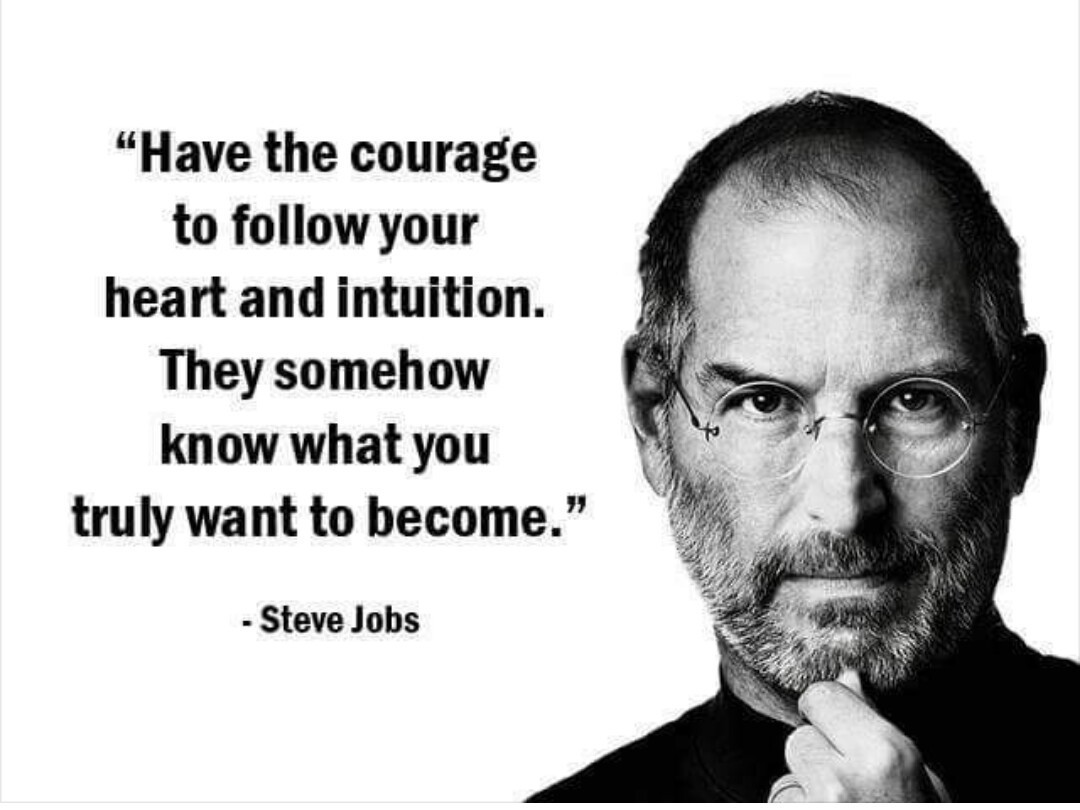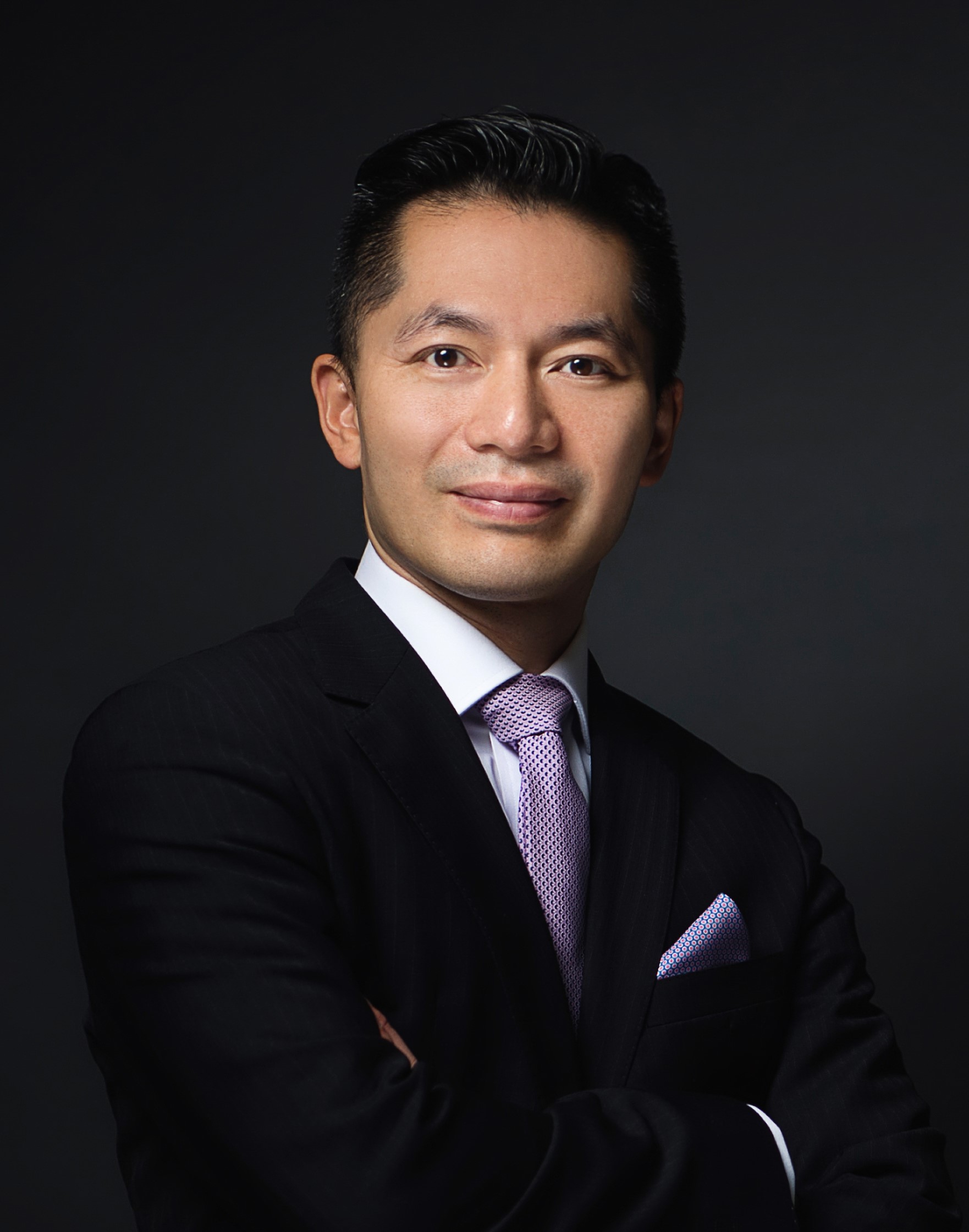
Intuition is our inner voice, our conscience, our truth north. You may call it a hunch, instinct, inner voice, or even six sense; it really doesn’t matter. Mahatma Gandhi said, “The inner voice is something which cannot be described in words. But sometimes we have a positive feeling that something in us prompts us to do a certain thing.”
When Thomas Edison invented the light bulb, the idea didn’t come to him in a conventional way. He experimented with it more than 10,000 times, and when he took a nap one day, the image of how it could work flashed into his mind. Even Albert Einstein said, “The only real valuable thing is intuition.”
When I interviewed Dr Edward de Bono, the originator of the concept of Lateral Thinking and Six Hat Thinking for my book, Authentic Power and Greatness, he mentioned that the present form of critical thinking and analysis originates from ancient Greeks gang of three, namely Socrates, Plato and Aristotle. We have developed many excellent thinking tools for argument and analysis, but our traditional thinking methods have not changed for centuries.
In his success classic Think and Grow Rich, author Napoleon Hill identified “the six sense” as the apex of his philosophy. He arrived at this conclusion after studying the world’s most successful people. Many of the most remarkable achievers in human history followed their inner guidance. On the importance of intuition, Albert Einstein wrote, “The intuitive mind is a sacred gift, and the rational mind is a faithful servant. We have created a society that honors the servant and has forgotten the gift.”
Follow your heart and intuition
Intuition is associated with the pineal gland, a small endocrine gland in the vertebrate brain. While the physiological function of the pineal gland has been unknown until recent times, wisdom traditions have long known this area in the middle of the brain as the connecting link between the physical and spiritual worlds. When you are experiencing intuition, the pre-frontal part of your brain lights up.
When I was writing my first book, Living Greatness, I prayed and meditated on the best way to move forward. The book was conceived in an interview format, in which I would ask life advice from inspiring people. After intense prayer and meditation in seeking guidance, in my mind’s eye, I saw an image of Jack Canfield. He is a legendary author and the creator of the Chicken Soup for the Soul series of books, which have been translated into 43 languages and published in over 100 countries, and have sold more than 500 million copies worldwide.
The logical mind might think, How on earth can I get someone like Jack to cooperate with me? I had never written a book, never met him and we lived on opposite sides of the world. I put aside my doubts and followed my heart instead, and contacted Jack’s office. The chain of events unfolded quite miraculously. Jack contributed a chapter, and he also wrote the foreword to the book. Through his blessings, I was able to secure other contributing authors and eventually got the book published and distributed around the world.
Before Jack Canfield conceived of the title of his book, he meditated, not for a bestselling title but a mega bestselling title. In the middle of the night, Jack Canfield woke up and came up with the title Chicken Soup for the Soul.
Intuition in business
Even some of the world’s leading business minds attribute their success to using their intuition. As talk show host Oprah Winfrey puts it, “My business skills have come from being guided by my intuition.” Even billionaire Bill Gates has stated, “Often you have to rely on Intuition.”
Mr Wang is a very successful businessman who has built a business empire over the course of twenty-five years. He has been through many challenges and business cycles. Just before the global financial crisis in 2008, based on his experience and his gut feeling, he sensed something was not right, and gradually began cashing out in his business. His intuition proved to be right about the financial crisis. Not only did he avoid a financial disaster, but his success reached new heights when he acquired distressed assets and turned a profit on them.
My friend Siimon bought a book on a billionaire from a small country, with a population of around 300,000. When he read the book, he had a strong intuition that he would meet this billionaire. Strangely enough, when Siimon was with a friend in a restaurant in Los Angeles, he was being introduced to this billionaire.
Refine your intuition
Train your instincts for better success by incorporating intuition to your decision making process. One of the most commonly used methods for tapping into your intuition is quieting your mind through a process of meditation. To develop intuition, it is important to learn to switch off the mental noises in the mind to allow peace, balance, and clarity to permeate the mind. Many executives and top leaders make it a natural part of their daily routine to meditate; it is not just the practice of spiritual seekers and hippies.
Intuition has to be developed through regular practice, just like building strong muscles. It takes time, patience, and persistence. Be progressive in your learning and see this as a process rather than a destination. Soon it will become second nature, and you will be following your intuition and applying its wisdom to your daily life and business practices.

